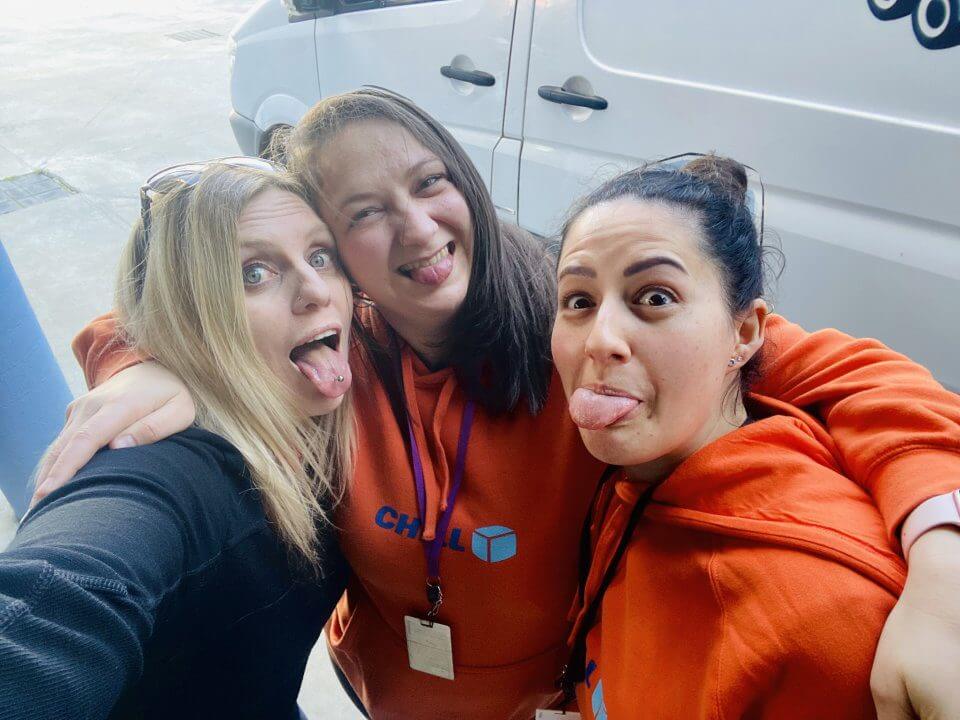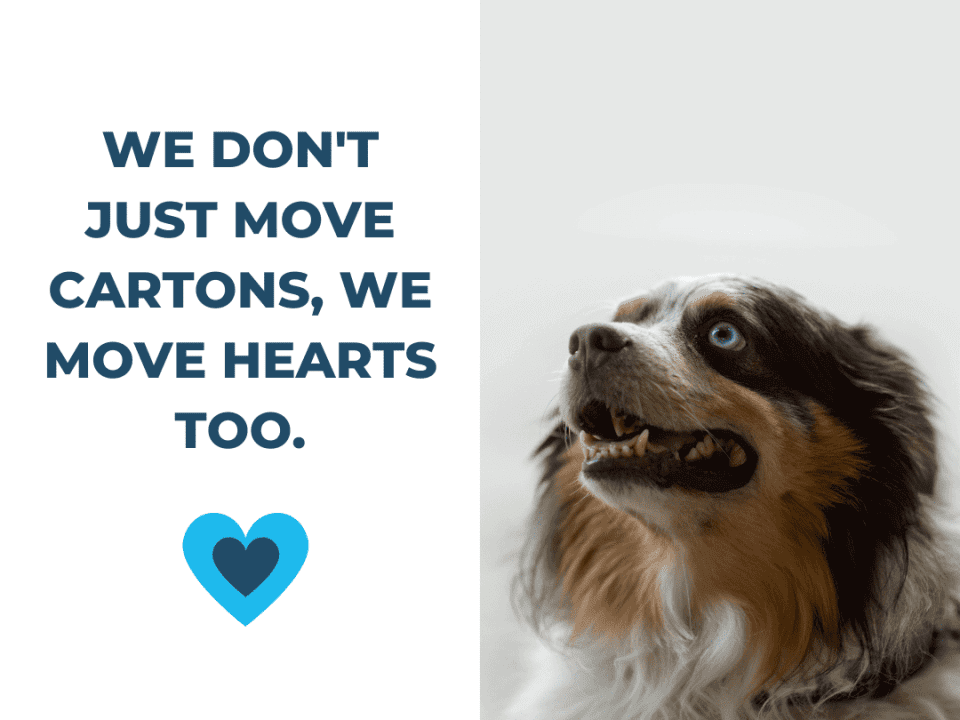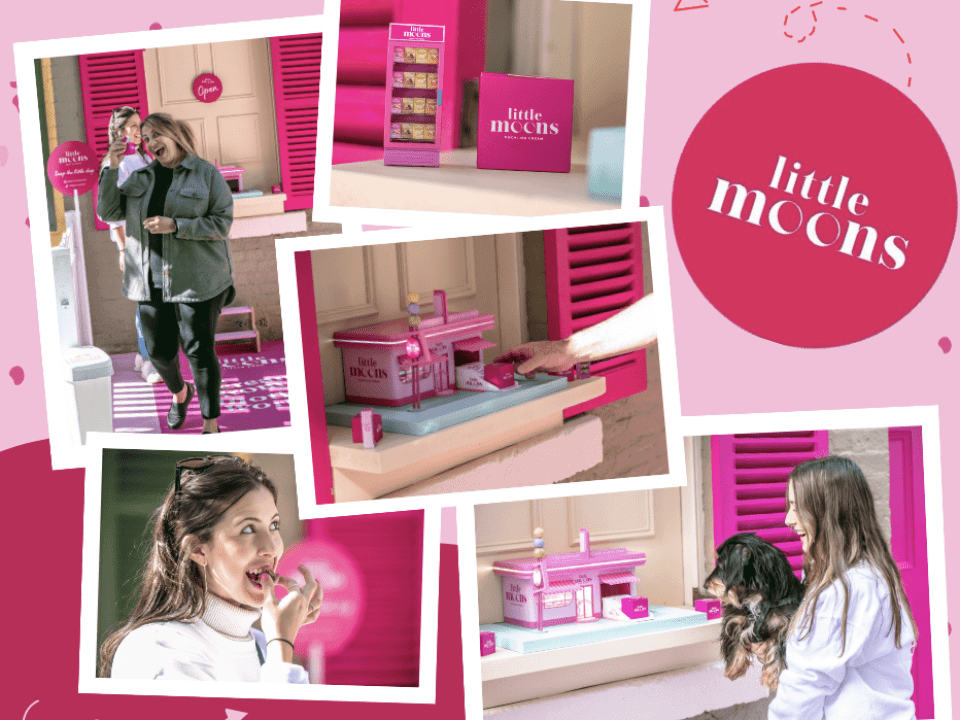Don't see the service you're looking for?

Women in Logistics.
Yep, gone are the days of the stereotypical male “truckie” sitting behind the big-rig wheel –now it’s all about the ladies.
The logistics transport industry is undergoing a significant workforce shift, with a truck driver shortage and demand for good-quality professionals (courtesy of an ageing field, heavy on older men keen to retire) putting women firmly in the driver’s seat. But progress is slow –currently, women make up just 26 per cent of the transport industry in Australia.
Misconceptions around the nature of the work, non-family-friendly rosters, and poor career progression have given logistics a serious image problem. But CHILL is just one of a groundswell of Aussie cold-chain storage outfits that knows logistics are COOL.
They are an essential part of almost every business sector, from retail to technology, necessitating a growing workforce of business development and customer service staff who specialise in all things logistical. Couple this with the arrival of Amazon in Australia, the exponential growth of eCommerce and the use of emerging technologies like robotics and AI, and you’ve got an industry at the forefront of change.
Attracting a more diverse workforce is a major part of the change, with a renewed focus from businesses across the sector on hiring women in roles “traditionally” dominated by men and putting them front and centre as beacons of inspiration. Several major trucking companies across Australia, including Linfox, are already making efforts to employ women who have a truck license and to offer them the requisite training. For many women, it’s about shaking off pre-conceived notions that they “can’t” be a truck driver or work in a warehouse and stepping outside their comfort zone. Technology is playing its part too, with job roles that were once considered “impractical” or “too dangerous” for women now a viable option, thanks to new equipment and procedures.
The same goes for driving big rigs – sisters can 100 per cent do it for themselves. And the Queensland Industrial Relations Commission (QIRC) agrees: in June 2019, the Ipswich City Council went to the QIRC to seek an exemption under the Anti-Discrimination Act so it could advertise for a female-only training program for waste truck drivers. The QIRC granted the request, noting doing otherwise would “continue to disadvantage women who wished to become truck drivers.” Truck manufacturers have also responded, with customisable cabs and adjustable seats to make it easier for women to drive.
We’ve taken a page out of the Ipswich City Council playbook – we’ve applied for our own exemption to the NSW Anti-Discrimination Act to allow us to run and recruit for a female-only trucking training and education program. The application is currently under review, and we hope to hear an outcome in the coming weeks #watchthisspace.
As one of Australia’s leading refrigerated companies, we’re proud to have women already kicking goals in a variety of roles, including special ops drivers and warehouse store people. Senior Transport Planner Krystal Coke, who also works in the warehouse, jumped into unchartered water when she joined team Chill in 2018. Since then, she’s unloaded containers, driven delivery vehicles, operated forklifts, and overseen depot repairs. She believes the time is now for women in logistics.
“How many times have we heard jokes cracked about ‘typical female drivers’ or the notion that women are ‘weak’ and not capable of physical roles? It’s an outdated view and a change is definitely overdue. Shifting the gender balance isn’t just about empowering women, but about people supporting that shift within the industry and setting a precedent for others.”
Getting our women on board is critical to the future of the industry and poses a serious business risk if not addressed. Australia is on the cusp of a logistics revolution, but without an adequate workforce that caters to our nation’s diverse make-up, the industry cannot continue to grow.
The Australian Government is also exploring opportunities to establish entry pathways for women in the trucking industry. The government has connected with NatRoads, the Supply Chain and Logistics Association of Australia, the Australasian Railway Association, and the Australian Logistics Council to promote the opportunities available for employers, including creating programs for women committed to taking on a career as a truck driver.








